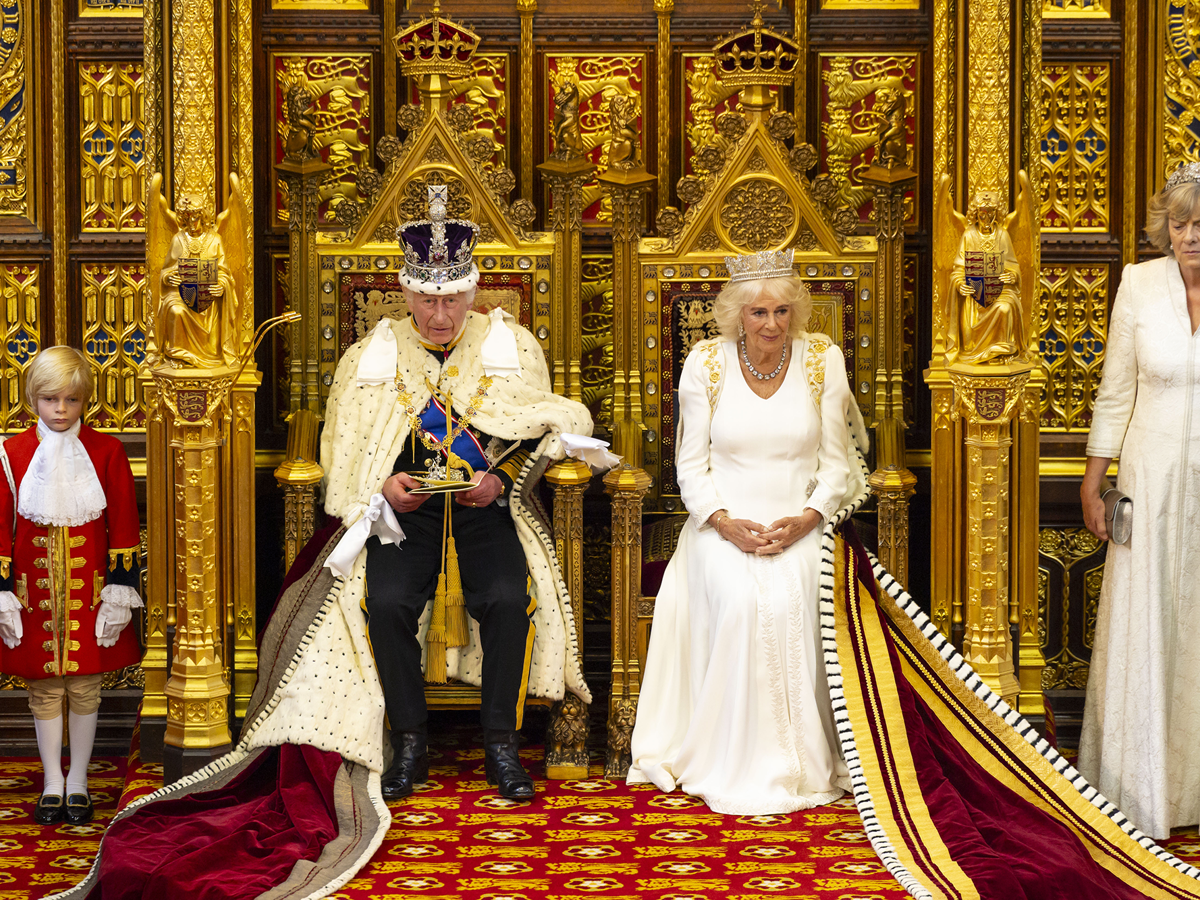Changing academy trust articles of association
Understand the legal process and requirements for changing academy trust articles of association.

Articles of association stipulate the charitable purpose and governance structure of the trust, including types of trustees and how they will be appointed or elected. They also set out governance procedures including the arrangements for meetings and voting mechanisms.
The Department for Education (DfE) provide model articles of association for different types of academy trust. DfE guidance is clear that "effective trusts review their articles regularly to keep them up-to-date and reflective of the trust’s development and growth."
Changing your articles
As articles of association are a legal document, trusts must follow a specific process when altering their articles, which involves:
- trustees agree proposed amendments
- proposed changes are sent to the DfE to gain written consent
- amended articles are presented to the trust’s members for approval
- the amended articles are registered with companies house
- a copy of the articles is submitted to the DfE
Our guide explains timescales and key requirements for each stage of the process, covering:
- reasons for changing articles of association
- gaining consent and approval for changes
- entrenched provisions
- special resolutions
Member-only content
Want to read this?
Become a member
NGA members get exclusive access to hundreds of practical resources including guidance, checklists and planners.
We’re here to support you at every stage of your governance journey with expert advice, training, events, and much more.
Already a member?
Related content
-
Guidance
![tools-resources someone checking over a document holding their pen]()
-
Guidance
![people looking over the documents from a meeting]()
-
Tools & templates
![tools-resources someone typing on a laptop]()
-
Guidance
![training group of sitting people celebrating]()
-
Guidance
![Man pointing at a word on his document in a meeting with two others]()
-
Tools & templates
![]()
-
Guidance
![tools-resources two individuals checking over a document]() Updated: 20/11/2024Finance & resources
Updated: 20/11/2024Finance & resourcesCompleting the school resource management self-assessment checklist
-
Guidance
![Pupils-learning pupils doing arts and crafts with the teacher]() Updated: 08/11/2024Equality, diversity & inclusion
Updated: 08/11/2024Equality, diversity & inclusionEquality and diversity: a guide for governing boards
-
Tools & templates
![tools-resources someone checking over their calendar]()
-
Guidance
![school-environment unorganised classroom desk]()
-
Tools & templates
![Line of people talking holding a meeting]()
-
Guidance
![school-environment unorganised classroom desk]()
-
Tools & templates
![tools-resources open purple backed diary]()
-
Guidance
![tools-resources keys hanging from the lock of an open door]()
-
Guidance
![training man and woman working from same laptop]()
-
E-learning
![]()
-
E-learning
![]()
-
E-learning
![]()
-
Training & development
![people looking at documents and making notes during a meeting]()
-
E-learning
![]()
-
E-learning
![]()
-
E-learning
![]()
-
E-learning
![]()
-
E-learning
![]()
-
E-learning
![]()
-
E-learning
![]()
-
Blog
![a picture of Uk schoolchildren reading outside by a school in summer]()
-
Webinar
![]() 12/03/202512:30 - 13:15ZoomCompliance & legislation
12/03/202512:30 - 13:15ZoomCompliance & legislationSchool exclusions: compliance and best practice for governing boards
-
Blog
![]()
-
Blog
![]()
-
News
![]() Updated: 17/12/2024Latest updates
Updated: 17/12/2024Latest updatesNGA Comments on the Publication of the Children’s Wellbeing and Schools Bill
-
Webinar
![]() 13/11/2024Governing board roles
13/11/2024Governing board rolesAnnual Seminar: Governance for growth: Crafting accountability systems that drive ambition and sustainability
-
News
![]() Updated: 04/11/2024Wellbeing
Updated: 04/11/2024WellbeingNGA launches Free E-Learning Module on School Food Standards – In Partnership with DfE
-
Blog
![]() Updated: 27/09/2024Latest updates
Updated: 27/09/2024Latest updatesEmpowering governors and trustees: NGA at the Labour Party conference
-
Blog
![]()
-
News
![]()
-
Blog
![people looking at documents and making notes during a meeting]()
-
News
![Copyright House of Lords 2024 / Photography by Roger Harris ©]() Updated: 18/07/2024Latest updates
Updated: 18/07/2024Latest updatesNGA comments on the King's speech and the Children’s Welfare Bill
-
Blog
![]()
-
Blog
![a picture of Uk schoolchildren reading outside by a school in summer]()
-
Blog
![tools-resources blurred background image of a pen on a book]() Updated: 07/03/2024Governing board roles
Updated: 07/03/2024Governing board rolesBack to the essentials: new governance guides for trusts and maintained schools




































